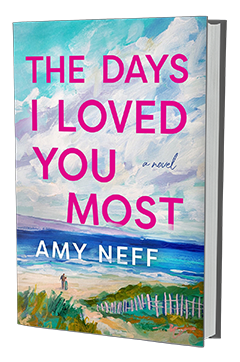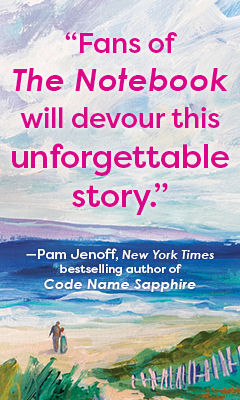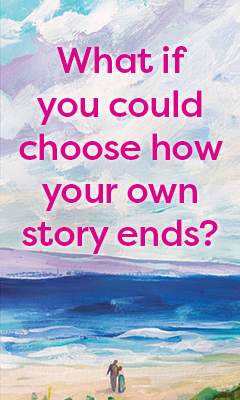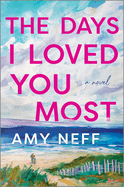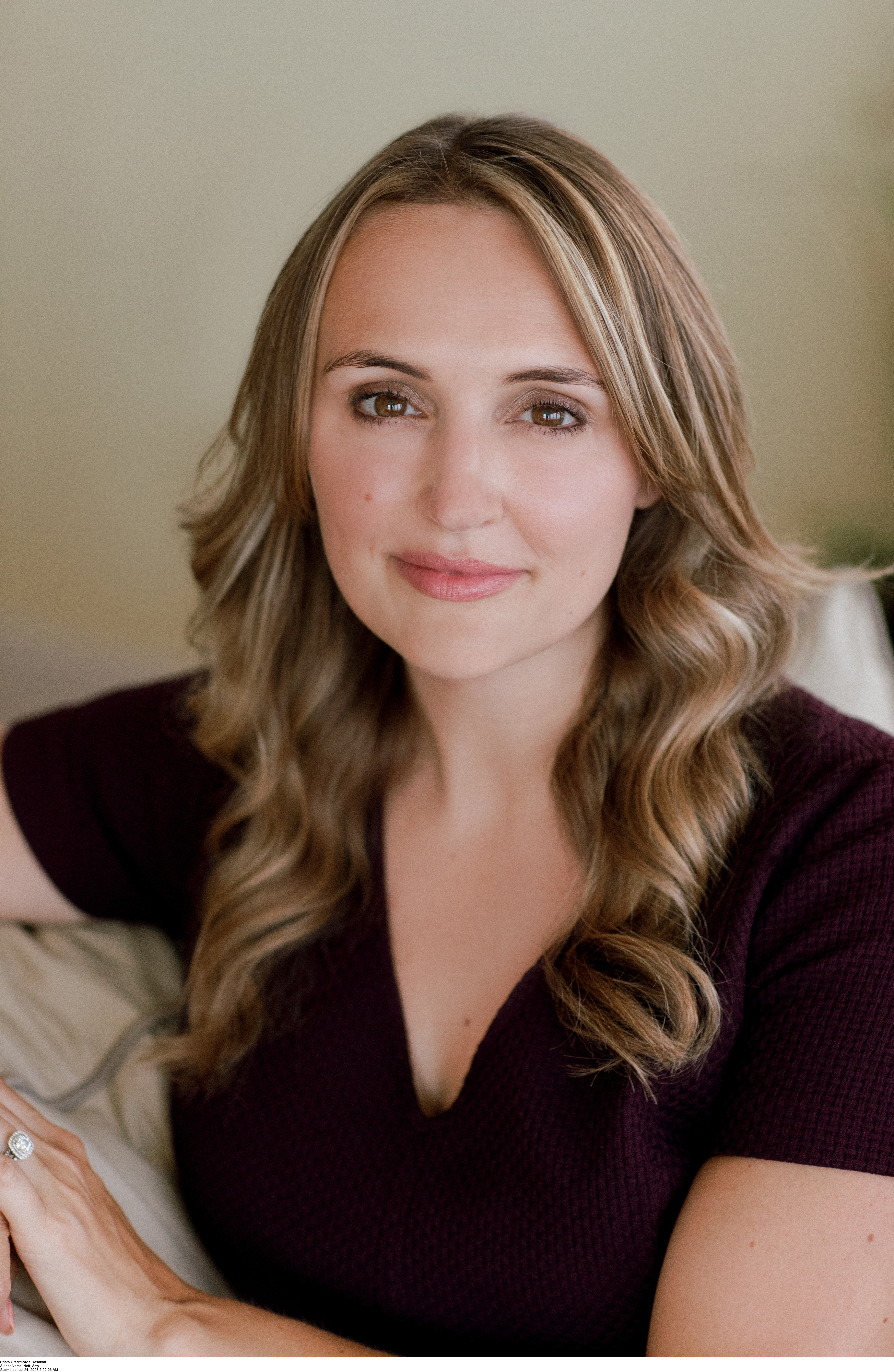The Days I Loved You Most
by Amy Neff
An unforgettable New England love story nestled within a generational family drama, The Days I Loved You Most by Amy Neff will sweep readers away to the picturesque town of Stonybrook on the Long Island Sound, home of the charming Oyster Shell Inn and its retired owners, Joseph and Evelyn Myers. The couple has been together since their teens, but now their lifelong devotion faces a sudden and existential threat neither of them is prepared for. With a devastating opening premise that sets the tone for the rest of the novel, Neff's beautifully crafted debut follows the seasons of one consequential year in the life of Joseph and Evelyn, intertwining the present with narrative flashbacks that track the arc of their romantic union back to the 1940s.
Theirs is an insular family living in a relatively sheltered world, and therein lies the charm of this book. It allows readers to immerse themselves wholly in the Myerses' story, observing the outside world through the emotional prism of their family life. One warm June evening, Joseph and Evelyn gather their adult children--Jane, Thomas, and Violet--together to issue a crushing declaration: Evelyn has a catastrophic health diagnosis that eventually will render her incapacitated. To avoid this terrible fate, she plans to take her own life in June of the following year. Joseph, since he cannot live without her, will do the same.
What follows is an intimate unraveling of fragile family bonds, with Jane frustrated at the extent to which her parents are so "wrapped up in each other, codependent" that "a world where the end of one means the end of both." With startling clarity, Neff portrays Jane's, Thomas's and Violet's reactions to Joseph and Evelyn's plan, as each sibling viscerally retreats to childhood patterns of dysfunction while the reality of their mother's illness forces them back to the present.
To make sense of the couple's shocking decision, Neff goes back to their origin story, delicately coloring in the particular contours of a romance that was initially eclipsed by a monumental tragedy during World War II. Joseph Myers and Evelyn Saunders grew up as next-door neighbors. Evelyn's brother Tommy was best friends with Joseph and the three children were inseparable, spending carefree summer days on nearby Bernard Beach. Evelyn was a free-spirited tomboy rebelling against her emotionally distant mother's efforts to turn her into a young lady. Eager to see the world and pursue a music career, she longed to flee her provincial hometown for the big-city opportunities of Boston. Joseph was the opposite: raised in his family's bed-and-breakfast, the Oyster Shell Inn, he knew he would one day take over the business his great-grandparents started in the 1880s. It was a simple but solid dream, to become the proprietor of the inn and raise his own family there.
The property, with its languid beach setting, plays a critical role as the backdrop to the Myerses' marriage story. It bears witness to the daily push and pull of their relationship, the compromises that shake it to its foundations one fateful summer, and the love that endures despite it all. Like their father and his father before him, the inn is where Jane, Thomas and Violet are born and raised, and it's where Evelyn attempts to settle into a maternal domesticity she never wanted for herself. Joseph is the reason she moved back to Stonybrook from Boston, his faith in their future stronger than hers. Having forsaken a promising career as a concert pianist, there is a nagging feeling that she has left a part of herself behind. So when her diagnosis arrives, Evelyn is determined to fulfill one last grand desire. To make it happen, though, she will need Jane's help.
Jane, however, wants nothing to do with her mother's "final request," dismayed at the self-indulgent roots of her parents' declaration. Evelyn and Jane have survived a difficult patch; flashback scenes describe the shocking scale of Jane's teenage rebellion, which are hard to square with the successful news anchor she has become. Always slightly aloof and distant, Thomas's angry outburst at hearing his parents' plan sets him spinning even further away from them. Violet considers Joseph and Evelyn's decision to end their lives together as impossibly romantic. She struggles with unexplored feelings of discontent toward her perfectly decent husband because of her parents' admirable devotion, "the impossible bar they have set, the one thing I'll never forgive them for."
Neff paints a realistic, complex portrait of an illness that slowly robs Evelyn of agency, leaving her "drunk with fatigue" yet with a heightened sense of her surroundings. She notices Joseph's constancy anew, and the things she took for granted, like "the way we wrapped effortlessly around each other."
As summer fades into fall, world affairs intrude on the Myerses and bring them closer together, with even Thomas drawing into the family unit for strength and support. Meanwhile, as Joseph and Evelyn prepare for their final summer and wrestle with the reality that "there will never be enough time," Neff skillfully maneuvers the narrative to a series of unexpected conclusions. Joyful and cathartic, The Days I Loved You Most is a love story that lingers in the imagination, inspiring a fervent hope that the author will continue the Myers saga into the next generation. --Shahina Piyarali



